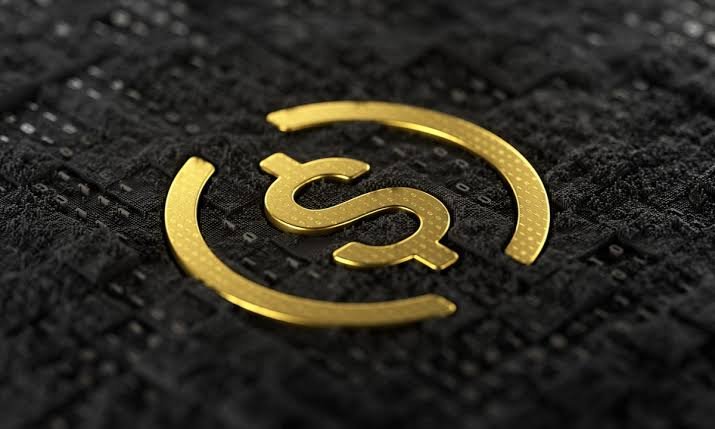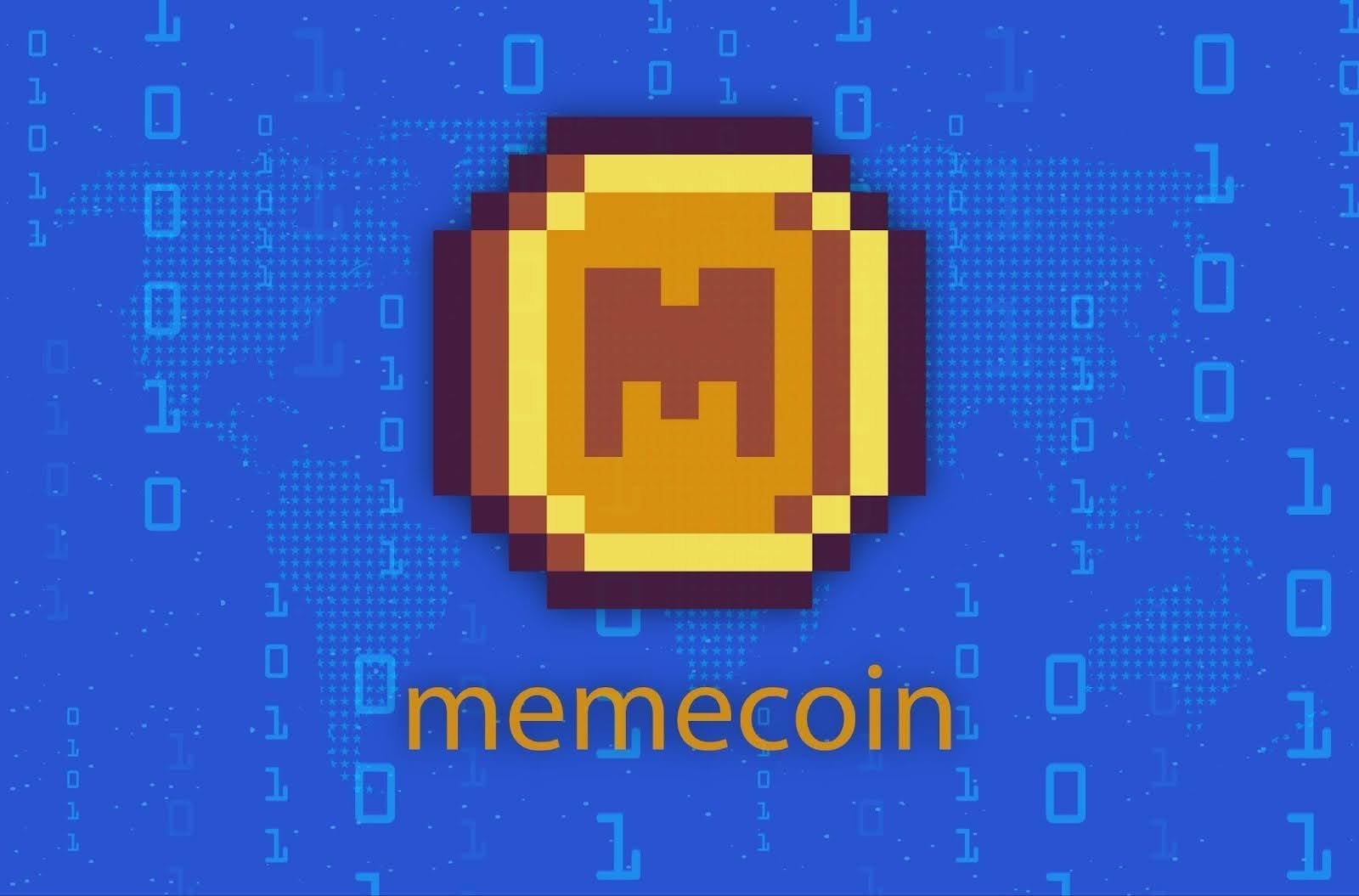Latest News
Denmark Country Plans To Ban Some Bitcoin & Defi Wallets | EVM News

Denmark has proposed new regulations that might ban the use of self-custody Bitcoin wallets and other decentralised finance (DeFi) platforms.
Denmark, a Nordic country known for its high standard of living, allows the legal trading, buying, and selling of cryptocurrencies. The Danish Financial Supervisory Authority oversees cryptocurrency activities to ensure compliance with financial regulations and prevent money laundering. Recent proposals suggest Denmark may be planning to bring more strict rules & laws to regulate the unregulated part of this innovative sector.
Denmark’s latest approved regulatory proposal could ban self-custody Bitcoin wallets and other DeFi interfaces, decentralised Cryptocurrency protocols.
The Danish Financial Supervisory Authority (DFSA) plans to ban all unregulated wallets due to concerns about unregulated cryptocurrency activities. Despite criticism, the DFSA argues this move will ensure crypto transactions are regulated and address a coverage gap in DeFi regulation.
If this rule is implemented, it will contradict the EU’s Markets in Crypto Assets (MiCA) guidelines and the US’s stance on BTC self-custody wallets. MiCA regulations, effective from December 30, 2024, do not apply to the DeFi sector and have been criticised for stifling innovation but there are huge chances that lawmakers will work later on this issue, probably in 2025.
Estonia & self-custody wallet ban
Estonia, another European Union (EU) member country, has implemented similar rules on self-custodial wallets, which could negatively impact the sector in Denmark.
Crypto enthusiasts noted that if Denmark adopts these rules, no one will be able to offer Bitcoin wallets, DEX interfaces, or any token-related services without being regulated in Denmark’s jurisdiction & there are huge chances that similar measures will be adopted by other EU member countries.
In contrast, the US crypto infrastructure bill FIT21 Act has chosen to study DeFi, like MiCA, instead of regulating it. The DFSA is now seeking feedback from stakeholders on its proposals. That means, the American regulatory body decided to first study this unregulated sector, instead of direct ban/unban decision.
Read also: VanEck Files for SOL Spot ETF with SEC; Technical Indicators Point to Potential $200 Breakout”
Latest News
Cardano Founder Charles Hoskinson Sounds Alarm On AI Censorship And Bias By Big Tech | EVM News

Charles Hoskinson, the founder of Cardano, is worried that big tech companies are controlling AI systems to censor information and train them in a biassed way.
Charles Hoskinson is a blockchain pioneer and founder of Cardano, a leading cryptocurrency blockchain network. He also co-founded Ethereum with some top talents and is known for his contributions to blockchain technology and decentralised systems.
On 1 July 2024, Cardano founder Charles Hoskinson took to X (formerly Twitter) to show his disappointment with censored AI chatbots.
Hoskinson described AI censorship’s implications as “profound” and worrying, arguing that AI systems are losing their utility over time due to “alignment” training.
According to Hoskinson, AI censorship means certain knowledge is being withheld from children, controlled by a small, unaccountable group of people.
Hoskinson highlighted that major AI companies like OpenAI, Microsoft, Meta, and Google are controlled by a small group of people who decide the information these AI systems are trained on, and they can’t be “voted out of office.”
Hoskinson demonstrated AI censorship concerns by asking OpenAI’s ChatGPT and Anthropic’s Claude the same question about building a Farnsworth fusor. Both chatbots provided brief overviews and warnings about the dangers, with ChatGPT suggesting only experts should attempt it and Claude refusing to give instructions due to potential risks. This showed how AI systems restrict information, supporting Hoskinson’s argument that AI should be open-sourced and decentralised to prevent control by Big Tech.
Elon Musk vs AI technology
The world’s richest person, Elon Musk, has also been a major critic of AI technology. In the past, Musk has frequently called AI a dangerous technology for humanity.
However, Musk runs his own AI technology firm, XAI, but he has criticised OpenAI’s popular chatbot ChatGPT for its censored responses on several controversial topics.
Read also: Bitcoin poised for explosive growth as it approaches $63K milestone
Latest News
Circle Breakthrough: First Global Stablecoin To Meet MiCA Compliance, Launching USDC And EURC In Europe | EVM News

Circle has obtained an EMI licence and ensured compliance of its USDC and EURC stablecoins with the EU’s new regulations, making them available to European crypto customers from July 1.
Circle is a blockchain fintech company that provides financial services, including managing stablecoins like USDC (USD Coin). USDC is a cryptocurrency tied to the US dollar, offering stability and liquidity in the crypto market. It’s used for trading, remittances, and other transactions in the crypto space.
On 1 July 2024, Circle announced that it has achieved a significant milestone by becoming the first global stablecoin issuer to secure an Electronic Money Institution (EMI) licence.
This licence is crucial for offering dollar- and euro-pegged crypto tokens (called stablecoins) in the European Union under the new MiCA regulatory framework. With this achievement, Circle aims to expand its market share across the EU, which includes 450 million people, positioning itself ahead of competitors like Tether’s USDT.
Binance has expressed full support for USDC stablecoin in the EU following Circle’s announcement that it has been authorized to issue USDC as a MiCA-compliant e-money token (“EMT”). This ensures USDC will remain available across most of Binance’s product offerings.
It will be interesting to see the next development in the race by the top stablecoin issuer Tether (USDT). Although they have already stated that EU MiCA rules pose a challenge to their stablecoin, it will still be intriguing to observe the next move by Tether’s leadership.
Recently, Tether also ceased minting its stablecoin on the EOS and Algorand blockchain networks citing lack of demand.
Read also: Cardano founder Charles Hoskinson Sounds Alarm on AI Censorship and Bias by Big Tech
Latest News
Cloudbet Integrates Ethena USDe (sUSDe) Stablecoin And ENA Tokens | EVM News

Willemstad, Curaçao, Netherlands, June 27th, 2024, Chainwire
Cloudbet, a leading cryptocurrency casino and sportsbook, announced the integration of Ethena USDe (sUSDe) and ENA. By integrating sUSDe on the platform, bettors have now the chance to receive returns even when their funds are not being wagered.
The move introduces a new level of financial flexibility and efficiency for Cloudbet users. Traditionally, when users deposit funds into their gambling accounts, those funds remain idle until they place their bets. Cloudbet’s integration of sUSDe, the staked version of the algorithmic stablecoin USDe, has entirely shifted the paradigm of betting, setting a new standard for user-centric innovation.
“Whether a user is betting or taking a break, their sUSDe continues to earn a yield,” says a Cloudbet spokesperson, “Users can potentially offset their betting costs or enhance their bankroll, generating value beyond their betting activities on the platform.”
Cloudbet’s decision to integrate Ethena’s USDe, sUSDe, and ENA comes after a thorough evaluation of the current cryptocurrency landscape and in consultation with the crypto community at large. After speaking with several prominent voices at the forefront of the digital currency world, it became imperative to give this opportunity.
The decision to include Ethena tokens and ENA, the governance token for the Ethena protocol which launched at $0.55 in April 2024, is indicative of the platform’s proactive, crypto-native approach to developments in the space.
“We, like much of the crypto community, were attracted to Ethena and the concept of the Internet Native Yield,” says the Cloudbet spokesperson, “USDe’s underlying mechanics provide an advantage over the most popular stablecoins, in that users can stake USDe to obtain sUSDe and gain access to the protocol’s generated yield*. It gives Cloudbet users a superior advantage over other bettors – so it was, obviously, a high-priority item in the product roadmap.”
*As of June 27, 2024, the sUSDe yield is 10.1%.
Furthering its commitment to crypto-friendly online gaming, Cloudbet also expanded its support to multiple blockchain networks, including TON and Base.
About Cloudbet
Cloudbet is a proud pioneer of crypto betting.
Since its launch in 2013, as the world’s first crypto-friendly sportsbook and casino, Cloudbet has served hundreds of thousands of users and taken millions of bets, establishing a reputation as the most trusted, secure, and VIP-friendly brand in crypto gaming.
Cloudbettors can bet with 30+ cryptocurrencies, from Bitcoin, Ethereum, and stablecoins like USDC and USDT, to SOL and other popular altcoins. The site is available in 18 languages (including Spanish, German, Italian, French and Japanese).
For media inquiries, odds, and insights, users can contact media@cloudbet.com.
Contact
Irene
Halcyon Super Holdings B.V.
irene@cloudbet.com
-

 Latest News3 months ago
Latest News3 months agoCrypto New Media Decrypt Warns Against $Decrypt Token Airdrop Scam | EVM News
-

 Latest News4 months ago
Latest News4 months agoCeτi AI Announces Successful Launch Of Revolutionary Decentralized AI Infrastructure Token | EVM News
-
Hot Projects4 months ago
Fetch AI Outshines in AI Token Dominated Gainers but This New AI A… | EVM News
-

 Latest News4 months ago
Latest News4 months agoBitcoin Dogs Sets A New Standard In Crypto Amidst Bitcoin Surge | EVM News
-

 Latest News3 months ago
Latest News3 months agoJapanese Telecom Companies Jump Into Crypto Sector, Plans To Launch Crypto Wallet | EVM News
-

 Latest News2 months ago
Latest News2 months agoBC.GAME Secures New Curacao LOK License, Enhancing Legal Compliance And Global Reach | EVM News
-

 Latest News1 month ago
Latest News1 month agoTelegram Founder Receives Donations In Notcoin Worth $7 Million, Rising Appeal For New Memecoin | EVM News
-

 Hot Projects2 months ago
Hot Projects2 months agoDogecoin is Severely Underperforming New Memecoins This Year — Sho… | EVM News



